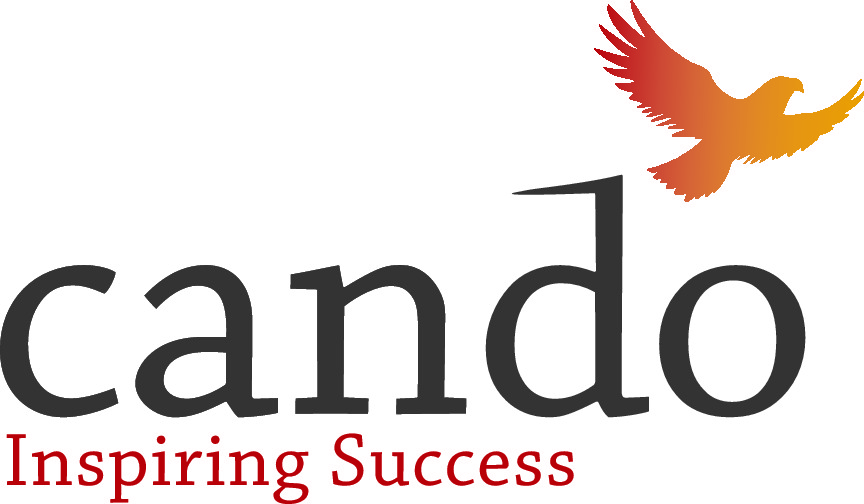Call for Papers for Spring (Vol 14 Issue 1) and Winter (Vol 14 Issue 2) Issues in 2024
The deadlines for receipt of submissions for Volume 14, Issue 1, is October 30, 2023 and April 30, 2024 for Volume 14, Issue 2. For submission guidelines and queries, please consult our website at jaed.ca. Inquiries can be jaed@edo.ca or to Svitlana Konoval at Cando by phone at 1-800-463-9300 x 231.
Papers should relate to one of the following areas:
- Emerging areas of Indigenous Community Economic and Enterprise Development
- Indigenous Small Business and Entrepreneurship
- The Analysis of the Indigenous Economy
- Sharing and/or Evaluating Current Indigenous Economic Activity
- Indigenous Corporate Responsibility, Social Auditing, and the Triple/Quadruple Bottom Line
- Economic Partnerships and Government Relationships
- The Relationship between Indigenous Knowledge and Economic Development
- Indigenous Land Management and Economic Development
- Indigenous Organizations and Management
- International Indigenous Trade and the Global Economy
- Indigenous Community Development: The Role of Elders, Women and Youth
- Change: Traditional and Modern Indigenous Economies
- An Historical Analysis of Indigenous Economic Development in Canada
- The Role of Research in Indigenous Community, Economic, and Business Development
- Community Wellness and Making Poverty History
Lessons from Experience from practitioners, academics, consultants and executives include interpreted case studies, evaluation and commentary on popular and current approaches and tools of Indigenous economic development, advocacy of particular approaches and solutions, successful or failed efforts, and the identification of important economic development problems that are in need of solutions. Submissions to this section are subject to editorial review and should be 2000-3000 words or 4-6 pages single-spaced and follow APA citation guidelines (Vol 7.)
The following sections are subject to double-anonymized peer review.
Lessons from Research from academics feature scholarly inquiry, debate and commentary on how we frame, perceive, interpret, research and contribute to the field of Indigenous economic development. Submissions to this section should be 8-10 pages single-spaced or 4,000 – 5,000 words, include 5 key search words and follow APA citation guidelines (Vol 7).
The State of the Indigenous Economy features current views on the evolving state of the Indigenous economy and responses to changes in the global economy, corporate activity, and government policy — for example, the Federal Framework on Aboriginal Economic Development, or the social economy. Submissions should be 2,000 to 4,000 words - or 6-8 pages single-spaced, include 5 key search words and follow APA citation guidelines (Vol 7.)
Reviews of Current Books and Literature features literature published within the last two year that explore a broad range of aspects of economic development relevant to Indigenous peoples and community development. Submissions are subject to editorial review and should be 800 to 1000 words (up to 1500 words for edited collections) and follow APA citation guidelines (Vol 7).
Essays subject to anonymized peer reviewing should:
- Represent original, unpublished work that is not under consideration by other journals or collections of essays
- Written in accessible language, to respect the multidisciplinary nature of the Journal and the diversity of our readers. Acronyms and abbreviations should be kept to a minimum.
- Include an abstract (200 words) and indicate up to five keywords
- Be typed, double-spaced throughout, in 12-pt Times New Roman font
- Be formatted in the American Psychological Association (APA) style, 7th edition
- Have a separate cover page that includes the names, institutional affiliations, addresses, and contact information of all authors and the targeted journal section for the submission
- Include author biography/ies (no more than 50 words per author) on a separate sheet
- Indicate that appropriate Institutional Research Ethics Board approval was secured, if applicable
- Be formatted and saved in Microsoft Word (no PDFs please)
- Be submitted in two versions; one should include all information to be published, and in the other copy information to be ‘blinded’ should be substituted with blank underlined spaces. Information to be ‘blinded’ includes all text or data that will have to be removed from the essay for blind peer review purposes
- Submission should be accompanied by authors’ recommendations of at least four scholars, including community-based scholars when applicable, from the author’s field who the Journal may approach with the request to peer review of the issue’s contributions. Such recommendations should include the description of (a) the credentials of the prospective reviewers as well as (b) the professional distance between the authors and the proposed reviewers.
Examples:
Single-Authored Book:
Indigenomics : taking a seat at the economic table by Carol Ann Hilton. New Society Publishers. Gabriola, British Columbia: New Society Publishers, 2021. 272pp. ISBN: 9780865719408
Reviewed by:
Ann Charles, << fill in correspondence address>>, Email: XXX@XXX
Edited Collection:
Building Bridges: Case Studies in Collaborative Governance in Canada by Claude M Rocan (Ed). Ottawa, ON: Invenire, 2018. 214pp. ISBN-13: 978-1927465462.
Reviewed by:
Ann Charles, << fill in correspondence address>>, Email: XXX@XXX
Please submit full manuscripts by October 30th, 2023.
- Deadline for all manuscripts: October 30, 2023
- Projected Date of publication: Spring 2024
- Submissions to be submitted via: https://jaed.ca
References:
Akee, R. (2009). Checkerboards and Coase: The Effect of Property Institutions on Efficiency in Housing Markets. Journal of Law and Economics, 52(2), 395–410.
Anderson (2021) Portrait of youth in Canada: Data report, Chapter 4: Indigenous Youth in Canada, Ottawa: Statistics Canada Catalogue no. 42‑28‑0001. https://www150.statcan.gc.ca/n1/pub/42-28-0001/2021001/article/00004-eng.htm
Besley, T., & Ghatak, M. (2010). Property rights and economic development. Handbook of Development Economics, 5, 4525–4595.
Canada, Parliament, Senate. Standing Committee on Aboriginal Peoples. (2015). Housing on First Nation reserves: Challenges and successes (Report of the Standing Senate Committee on Aboriginal Peoples, 41st Parliament, 2nd Session, [8th Report]).
Daschuk, J. W. (2013). Clearing the plains: Disease, politics of starvation and the loss of Aboriginal life. University of Regina Press.
Dinku, Y. and Yap, M. (2022) ‘Young Australians’ labour market engagement and job aspiration in the wake of the COVID ‐19 pandemic’, The Australian journal of social issues, available: https://doi.org/10.1002/ajs4.234.



